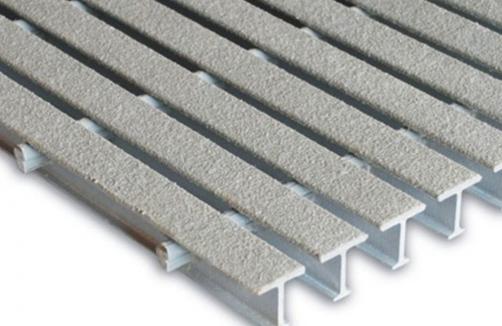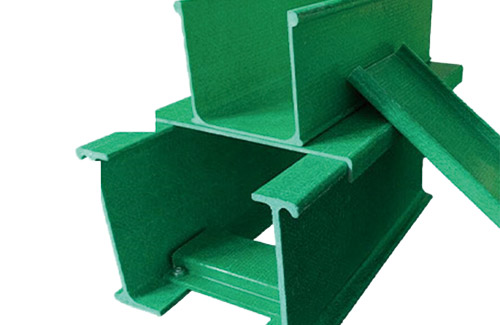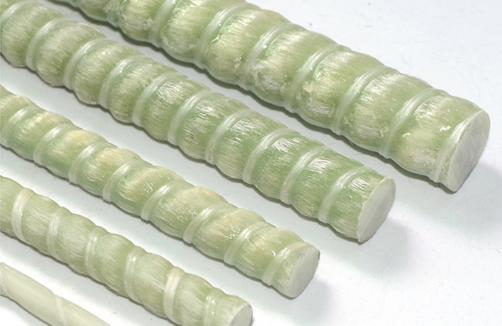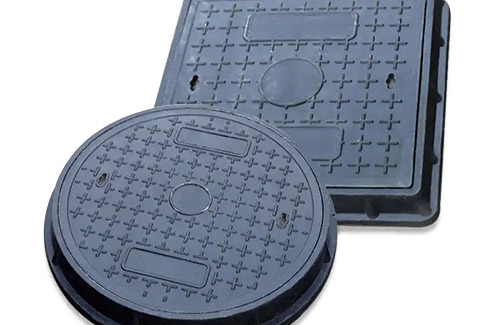
In the production field of fiberglass materials, molding process and extrusion process are two common manufacturing methods, each with its own characteristics when producing fiberglass grilles.
Firstly, molded fiberglass grilles are more flexible in structural design. Due to the ability of the molding process to produce complex shaped components, molded fiberglass grilles can be customized and designed according to actual needs, achieving various complex structures and functions. In contrast, the extrusion process is mainly suitable for producing slender structures with relatively simple cross-sectional shapes, such as I-shaped, angular, groove shaped, etc., and its design flexibility is relatively low.
Secondly, the molded fiberglass grating performs excellently in terms of strength and stiffness. The molding process can ensure that the fiberglass material is evenly distributed in the mold, forming a dense structure, thereby providing high strength and stiffness. In addition, the load-bearing bars of the molded fiberglass grating can be regarded as simply supported beams, which can resist significant deformation and deflection when subjected to bending forces. The extruded profiles produced by the extrusion process have good bending strength and stiffness, but due to their cross-sectional shape and size, they may not fully meet the requirements of certain specific applications.
Furthermore, molded fiberglass grilles have advantages in terms of anti slip performance. The molding process can produce fiberglass grilles with rough surfaces, which can increase friction with the sole and improve slip resistance. The surface of the extruded profiles produced by the extrusion process is relatively smooth, and the anti slip performance is relatively poor. Therefore, in situations where high anti slip performance is required, such as oil stains, sloping environments, etc., molded fiberglass grilles have more advantages.
In addition, the molded fiberglass grating also performs well in terms of aesthetics and corrosion resistance. The molding process can produce fiberglass grilles with various colors and textures to meet different aesthetic needs. Meanwhile, fiberglass materials themselves have excellent corrosion resistance and can work stably in corrosive media such as acid, alkali, and salt for a long time. This has led to the widespread application of molded fiberglass grilles in industries such as petroleum, chemical, and power.
Finally, from a cost perspective, although the initial investment in molded fiberglass grating may be slightly higher than that of the extrusion process, its maintenance cost and replacement frequency in long-term use are relatively low. In addition, due to the longer service life and better performance stability of molded fiberglass grilles, their overall cost-effectiveness is higher.
In summary, molded fiberglass grilles have advantages over extrusion processes in terms of structural design, strength and stiffness, slip resistance, aesthetics, and corrosion resistance. These advantages have made molded fiberglass grilles widely used in industries such as petroleum, chemical, and power, and have gradually become an ideal choice in corrosive environments.







